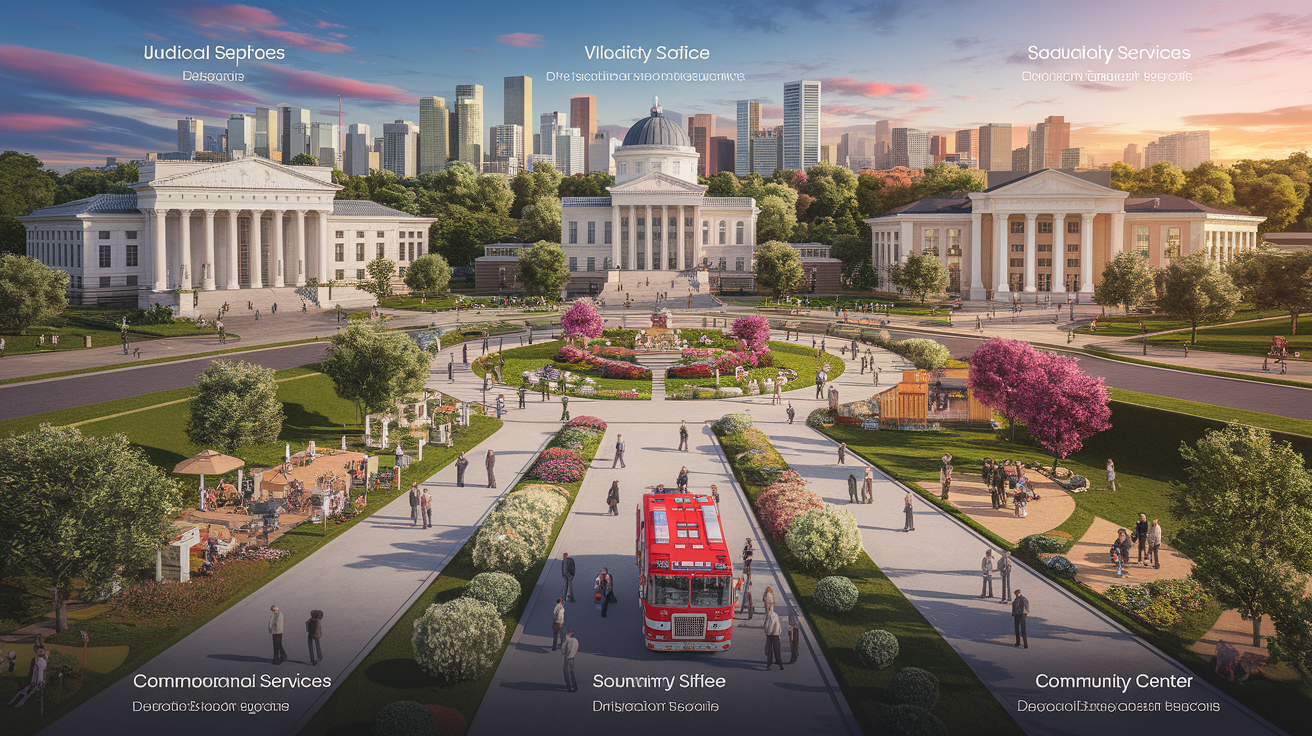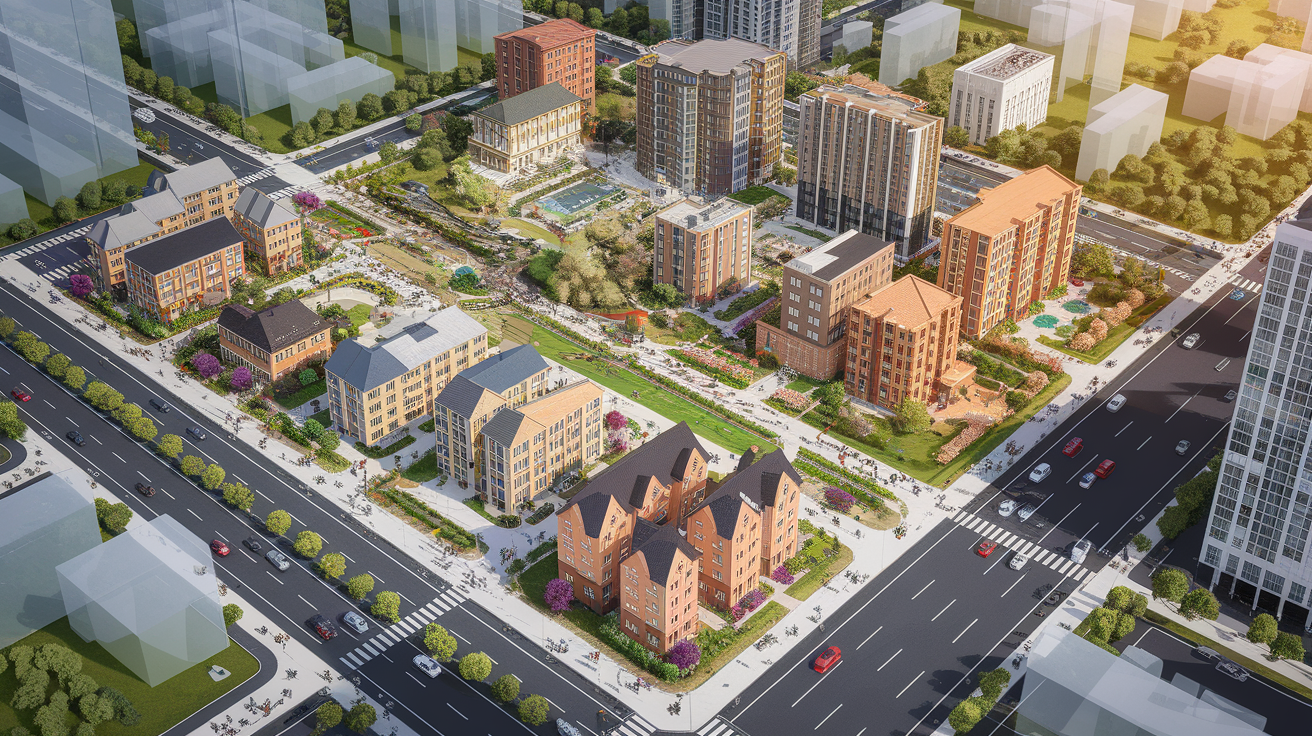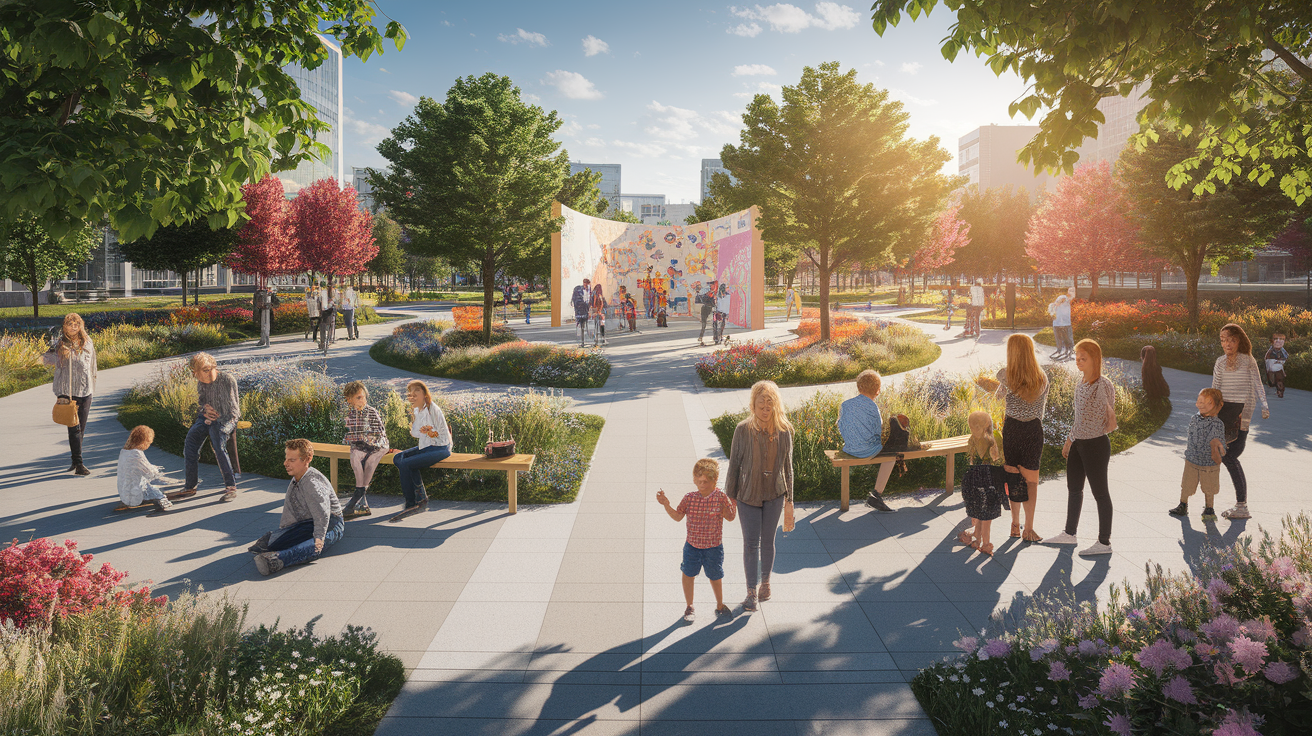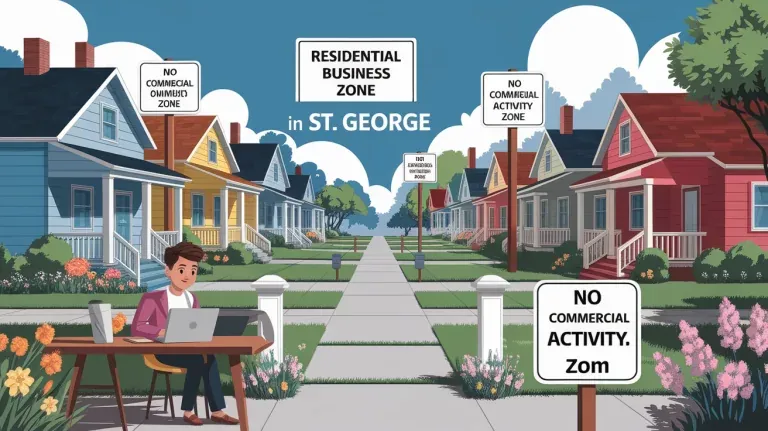Your St. George Citizen’s Guide to Local Government
Kickstart Your Civic Journey
Getting familiar with local government can feel like unlocking a map to your community. In St. George, Utah, there are many ways to connect, participate, and make the most of the services available to you. Whether you’re new to town or have lived here for years, understanding how the city operates helps you navigate public resources with confidence. I’ve found that once people see how approachable these systems really are, they become more engaged in shaping our shared future.

Overview of the Council-Mayor System
St. George runs under a Council-Mayor form of government. This means we have an elected Mayor — currently Mayor Michele Randall — and five City Council Members. The Council members are chosen “at-large,” which just means they represent the entire city rather than specific neighborhoods, serving staggered four-year terms to maintain continuity.

The Mayor chairs the City Council meetings, while the City Manager oversees day-to-day operations of various departments. Department Heads, including leaders of the Police Department, Fire Department, and Public Works, are appointed by the Mayor and report directly to the City Manager. This structure keeps our municipal services running smoothly and ensures that policy goals translate into action on the ground.
Key City Departments and Services
St. George municipal services cover a broad range of needs — from public safety to recreation, and utilities to community development. Here are some of the most visible departments you might interact with:

- St. George Police Department – Keeping neighborhoods safe and responding to public concerns.
- St. George Fire Department – Fire prevention, emergency response, and safety education.
- Public Works – Street maintenance, waste management, and public utilities like water.
- Parks and Recreation – Managing city parks, trails, and recreation programs.
- Municipal Court – Handling local ordinance violations and certain civil matters.
You can access most of these services at St. George City Hall, where many departments are housed and staff are ready to assist with permits, records requests, or billing inquiries.
Planning, Zoning, and Growth Management
Growth in St. George is guided by our General Plan, which outlines long-term visions for development. This plan helps shape neighborhoods, commercial areas, and infrastructure to meet community needs well into the future. It’s supported by the St. George Planning Commission, which reviews proposals to ensure they align with zoning ordinances — the local laws that decide what can be built and where.

If you’re starting a building project or business here, you’ll likely work with the Development Services department to secure necessary permits. Understanding zoning regulations will help ensure your plans comply with the city’s standards.
Community Spaces and Engagement
One of St. George’s greatest strengths lies in the variety of public spaces we all share. With more than 20 city parks and nearly 60 miles of paved trails, there’s always somewhere to explore or relax. Favorites include Pioneer Park’s red rock views, the Canyons Softball Complex, and the beautifully maintained Red Hills Desert Garden.

Civic life extends beyond parks. The Community Plaza at City Hall hosts public art exhibits and events, giving residents more ways to come together. Keeping an eye on city announcements is a great way to discover gatherings and volunteer opportunities that let you contribute to our vibrant local culture.
Collaboration with Washington County
St. George is part of Washington County, whose government oversees broader regional issues. The county handles property assessment, community development, and various administrative services that affect city residents too. Departments like the Assessor, Attorney, Auditor, and Community Development all play important roles in managing the area beyond city limits.
You can learn more about each department’s role on the Washington County website. county-level decisions often intersect with St. George’s local priorities, especially in land use and zoning matters.
Take the Lead: Engaging with Your City
Civic engagement can start small. Attend a City Council meeting to hear about current issues, or even sign up to speak during public comment sessions. You can contact City Council members directly to share your thoughts or learn more about projects in your neighborhood. Many residents also participate in public hearings, which are opportunities to provide feedback on proposed policies or developments.
Here are some simple ways to get involved:
- Join a neighborhood association or volunteer advisory board.
- Attend city events and meet your elected officials.
- Subscribe to city newsletters for updates on services and projects.
- Report maintenance issues to Public Works for timely fixes.
By taking a few steps to connect with St. George’s local government, you can help shape decisions that make our community stronger. And remember — every voice matters here, especially yours.







